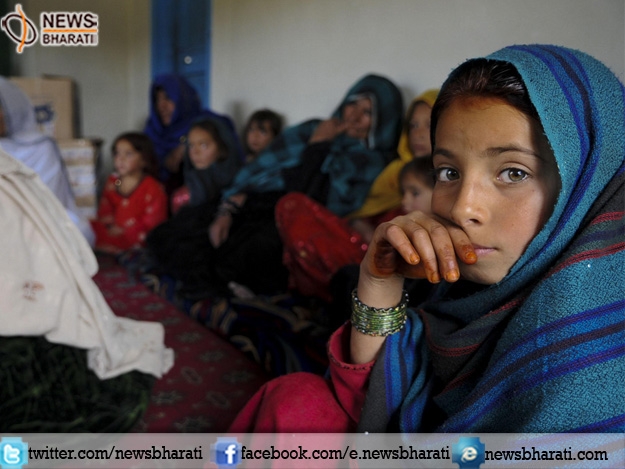“Europe forcibly returning Afghans home to horror”, says Amnesty International
Total Views |
Europe, October 5: Influx of refugees have been entering the European borders since 2015. The recent attacks on Europe have escalated the tensions between communities regarding their safety from terror groups. In a statement by Amnesty International, it said, “A surge of Afghan asylum seekers forcibly returned from Europe at the risk of torture, kidnapping and death in war-torn Afghanistan.”

Almost 9,500 Afghans went back to their homeland in 2016 after their applications for asylum in Europe were rejected, compared with nearly 3,300 a year earlier, the human rights group said. Anna Shea, the report's author and Amnesty's researcher on refugee and migrant rights, said European countries were responding to political pressure to increase the number of deportations, sending men, women and even unaccompanied children back to Afghanistan at a time when violence was at a record high and no part of the country was safe.
More than a quarter of a million Afghans migrated to Europe in 2015 and 2016, part of the big migration surge that followed Angela Merkel's vow to take Syrian refugees. Most ended up in Germany. The surge provoked a political backlash, and renewed efforts by the European Union to shut the borders, process asylum seekers and return those who did not make the cut. It also resulted in arguments between EU member states over who would take responsibility for the arrivals, with some states refusing altogether, and others resenting having to take a bigger share.
As part of its research for the report Amnesty said it gathered testimony from 18 Afghan men, women and children "forcibly returned" to Afghanistan. One woman sent back with her family from Norway said her husband was kidnapped and murdered a few months after they returned to Afghanistan. "The same European countries that once pledged support for a better future for Afghans are now crushing their hopes and abandoning them to a country that has become even more dangerous since they fled," said Horia Mosadiq, Amnesty's Afghanistan researcher.